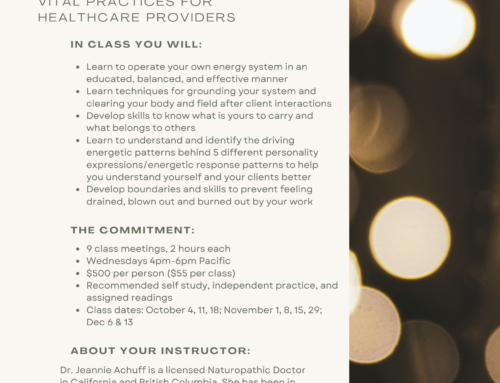In the last year or so there has been a niggly little voice in my head telling me to write or speak about cholesterol. I love my fats, you see. It must be my Norwegian ancestry. My husband scoffs at the amount of butter I use and how much I embrace all things creamy. When we first met he insisted I would die of heart disease because of how seemingly unhealthy some of my habits were. I challenged him on it and he is finally coming around to realize that fat is not bad for you and eating some grass fed beef will not “clog your arteries”.
Some of you are saying “What?!” So here it is again- we need fat! Don’t be afraid of it. Does cholesterol clog your arteries? Yes. The cholesterol your body makes clogs your arteries. Nearly 80% of the cholesterol in your body was made by you! The rest comes from diet, but the body keeps a tight balance here, which means that you will not likely see higher cholesterol levels as a result of dietary choices. However, you may have more of it in your blood for reasons you will learn about below. You see, the story of cholesterol and atherosclerotic disease is far more complex that the pharmaceutical companies who produce statins would like you to believe. The mere fact that you have cholesterol floating around in your body is not the issue.
We need cholesterol. The body produces it as the backbone of essential hormones- estrogen, testosterone, cortisol and vitamin D. It forms the primary structure of the cell wall- it is everywhere! We have been lead to believe that simply having cholesterol in the blood will result in clogged arteries, heart attacks, and strokes. In fact, in a healthy body, the cholesterol in the blood will continue to float about and will not get lodged onto any arterial wall. The problem of plaques in the arteries arises when there is a disturbance in the vessel wall, ie tissue damage. What causes this tissue damage, you ask?
Here is the quick and dirty: high blood pressure and inflammation in the vessels from oxidants, sugar, and unhealthy fats erode away at vascular integrity. Oxidants can be environmental toxins, too much iron, or sugar, among others. Without sufficient supplies of anti-oxidants in the diet, these oxidants will freely circulate and cause tissue damage. These substances deteriorate the tissue of the blood vessel, like a scratch on the skin. The cholesterol is then sent to the rescue to repair the damaged area. In essence, it forms a patch over the affected area.
Imagine this: you are watching the banks of a creek during a storm. Branches, rocks and small boulders travel down the river with enough speed to knock off a chunk of the bank here and there. After the storm you go in and rebuild the banks that were affected and you notice that those areas, perhaps because of the particular shape of the creek, the bending or turning of the waterway, need some extra reinforcement. So you pack in a few extra boulders, some clay and other reinforcements. The equivalent in the body is packing the area with cholesterol. Now as you stand back and evaluate the creek again, you will see that the water has a more difficult time getting around those reinforced areas. This increases the pressure in the waterway and causes additional turbulence, stress, and erosion in other places…. see where I am going?
In our bodies, we need to address the root cause of the damage- oxidation and tissue damage, and the effects of inflammation and stress. It is pretty basic, though not necessarily easy in the lifestyle we currently lead. Refined flours and sugary foods promote inflammation and oxidation. Omega-6 fatty acids (such as corn, soy, canola) also promote inflammation and we eat far too many of these in our processed foods. Fresh fruits and vegetables contain plenty of anti-oxidants. Fish oils, walnuts, flax seeds and hemp seeds (to name a few) contain omega-3′s, which help lower inflammation. How you manage your stress to keep your blood pressure down is another topic entirely!
If you have concerns about cholesterol seek professional care. Test LDL subfractions (evaluates lipid density) and oxidized HDL and LDL, and ask to test for markers of inflammation (CRP-hs, homocysteine). Evaluate your lifestyle choices, exercise habits, and food preferences. But think twice before you embark on drug therapy to address cholesterol levels. Your entire body will thank you in the end.
Resources:
http://www.medpagetoday.com/Cardiology/Dyslipidemia/31408
http://www.businessweek.com/magazine/content/08_04/b4068052092994.htm
Libby P.: Inflammation and Cardiovascular Disease Mechanisms. Am J Clin Nutr. 2006;83(suppl):456S-60S.
http://chriskresser.com/the-truth-about-statin-drugs
And a nice new addition! http://drhyman.com/blog/2013/10/09/6-steps-healthy-cholesterol-stop-statins-now/






